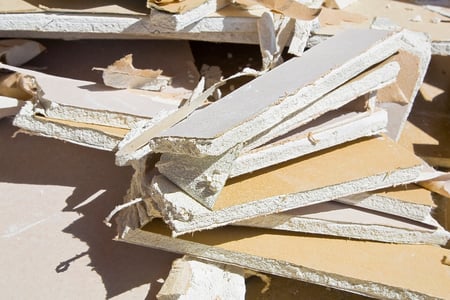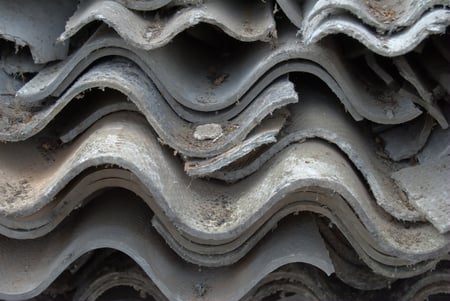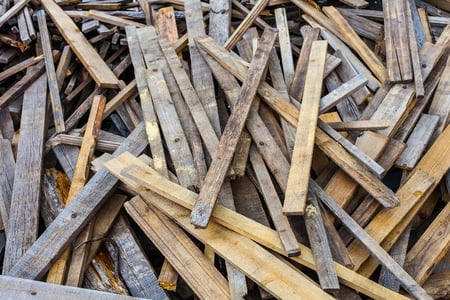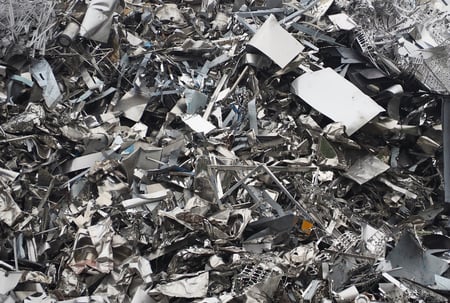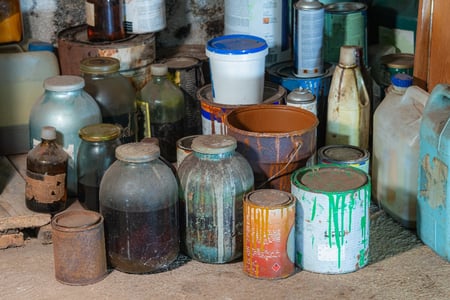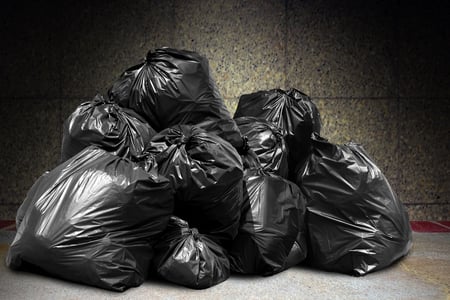
Comprehensive Construction Waste Management
The local supplier that handles all your construction waste management needs
NEED HELP?
Just call our Customer Support Team
08:30 - 17:00 Monday to Friday
Construction waste disposal and recycling service.
Hills Waste recycles and disposes of construction waste for contractors of all sizes, from builders clearing a site to national construction companies, we’ve got the solution for you. With an extensive range of waste skips and hooklifts services our flexible, rapid collection service doesn’t begin and end with simply removing your construction waste.
Our specialists will support you in creating a site waste management plan, agreed by KPIs, utilising local recycling and disposal facilities to reduce your carbon footprint and provide you with the peace of mind that you are compliant.
Locations served
- Amesbury
- Andover
- Bath
- Bristol
- Cirencester
- Chippenham
- Devizes
- Faringdon
- Frome
- Malmesbury
- Marlborough
- Newbury
- Portishead
- Salisbury
- Shaftesbury
- Swindon
- Trowbridge
- Tidworth
- Warminster
- Weston-Super-Mare
- Yate
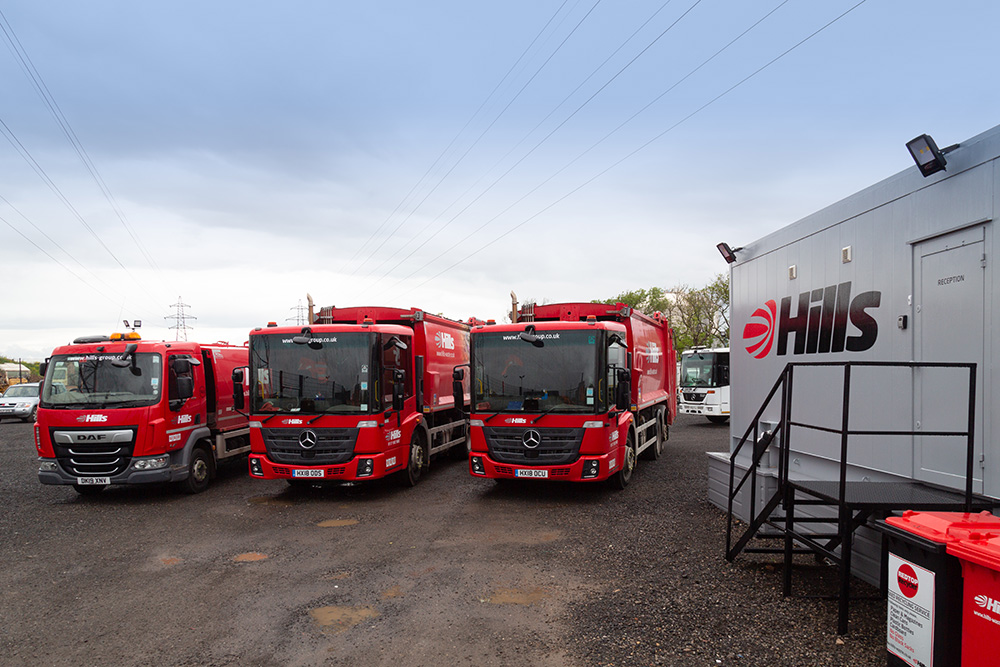
Safe vehicles for everyone’s benefit
Our vehicles carry on-board cameras, audible alerts, and sensors that provide near-360˚ visibility – ideal for safely manoeuvring into restricted spaces or operating where pedestrians and other vehicles are present. We’re proud members of the independently run ‘How’s My Driving? Scheme’, and all our staff wear hi-viz, jackets, hard hats, safety boots, and other PPE.
As a business committed to safety, we encourage all colleagues to proactively report any health and safety near misses so that we can continually improve our excellent safety track record.
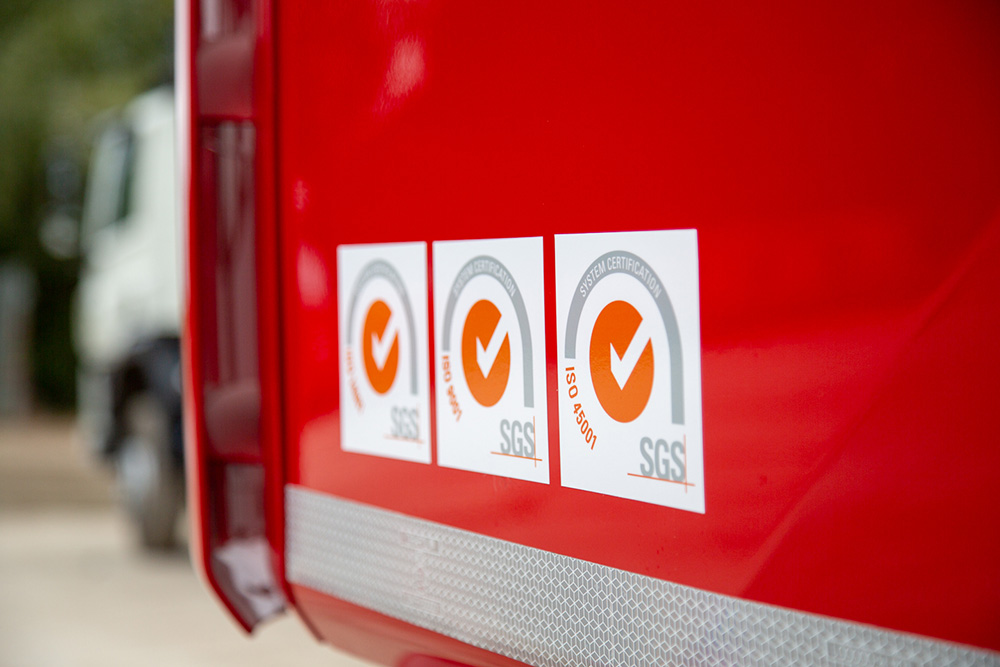
Full compliance to make your life easy
Compliance and safety standards mean a lot to us at Hills Waste Solutions, so we’re proud to be one of just a few businesses in our sector to achieve a ISO treble, meaning we’re independently certified to ISO 14001, 45001 and 9001 standards. We take care of any essential documentation too, such as on-road skip permits, so you can get on with the job, and we put you in control of your own waste management data with reports, insurance, certificates and real-time information all available online through our secure, industry-leading customer portal.
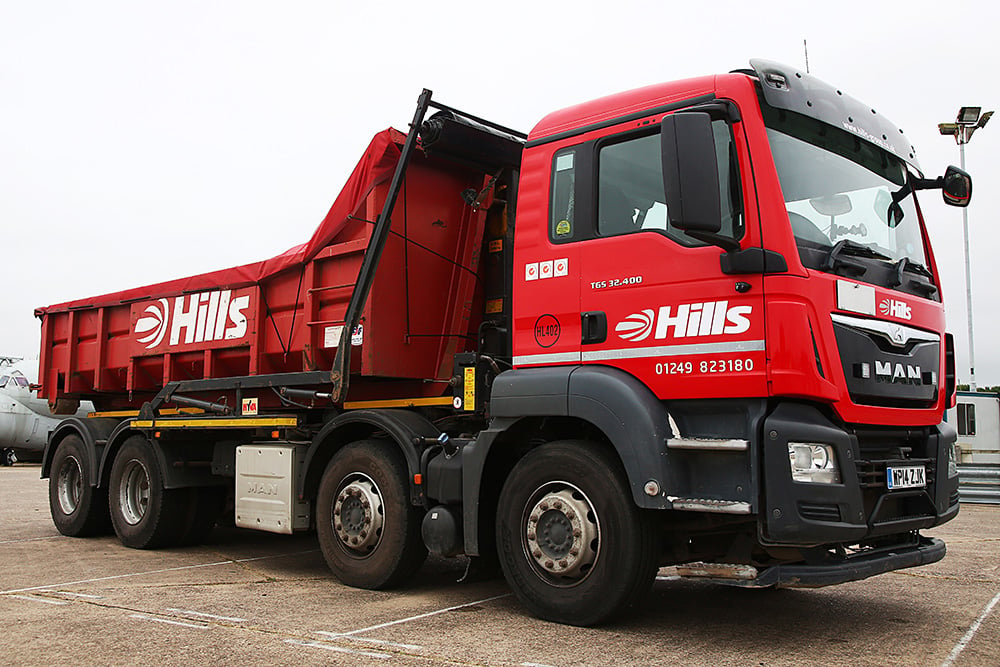
Extensive range of construction waste Skips and Hooklifts
Our popular construction waste skips and hooklifts (RoRo containers) come in various sizes and suitable for different types of waste. Be it a small builders’ skip or a 40-yard lockable hooklift, our easy-to-use client portal enables you to schedule deliveries and exchanges at the right time to keep your project moving and reduce collection frequency.
Experts in handling all waste types for the construction sector
Frequently asked questions
-
What is construction waste?
Construction waste can be non-hazardous or hazardous byproducts of the construction and demolition industries. Leftover materials from a construction/demolition site such as; rubble, brick, hardcore, tiles, concrete, metal, roof felt or wood are considered construction waste.
All construction and demolition companies are legally obliged to ensure waste is disposed of or recycled correctly following government regulations and best practices.
-
What are the main types of construction waste?
- Rubble - broken pieces of material such as concrete, bricks, and stone
- Brick - a building material made of baked clay used especially in walls and pavements
- Hardcore – demolition waste made from crushed concrete, brick and other paved materials – that can be re-used to form base layers for new projects.
- Ceramics and tiles – Porcelain or clay, usually used for floors, walls and roofs.
- Concrete – the product of mixing cement, water and aggregates (these are the other materials added to concrete, usually sand and gravel, which are used in the formation of foundations and walls)
- Wood - material made from plants used for making doors, decking, window frames, etc.
- Plastic - packaging in plastic containment and plastic wrapping, including packing materials such as Styrofoam peanuts and bubble wrap; protective wrapping such as shrink wrap and sheeting for example.
- Metals - reinforcement rods made of steel are often used to strengthen concrete structures such as beams and columns.
- Paper and cardboard - often used for packaging and protecting construction material during transportation and storage
- Uncontaminated, clean subsoil and stone (base material) - material of natural mineral origin
- consisting of compact subsoil and stone and which has not been contaminated by hazardous substances and is not mixed with any derived materials
- Non-hazardous waste - waste material that is not harmful to health or the environment
- Roof felt - Waterproof material used on roofs. A mat, usually made of fibreglass or polyester.
- Non-hazardous roof sheets - a fairly new type of roof covering that’s made of non-toxic and also non-lethal materials like metal or plastic.
- Hazardous waste - materials that are dangerous to health and the environment such as asbestos, solvents and chemicals. These must be identified, handled and disposed of safely in accordance with the government guidelines. Learn more about our hazardous waste management service.
-
What types of construction waste can be recycled?
The construction and demolition industry generate waste as a byproduct, many of which can e recycled
and reused, including;
- Crushed concrete and hardcore can be reused in the project lifecycle as base or sub-base for new construction projects, such as roads.
- Bricks can be recycled as paving slabs for garden landscaping or crushed as sub-base material.
- Metals such as steel and brass can be melted down for use in new construction projects.
- Wood that is untreated is suitable for biomass fuel, and wood that is treated can be recycled to produce composite wood products.
-
How is construction waste disposed of?
After the construction waste has been collected, our approved Lower Compton site sorts the waste for recycling and recovery.
We aim to recycle as much construction waste as possible to reduce environmental impact. When this is not possible, material is transferred to our regulated landfill operation or incinerated.
-
How can I stay compliant with construction waste management regulations?
Our team work with you to ensure that your construction waste is managed correctly and in full compliance of regulations and laws. Following collection of your construction waste materials, it will be sorted, recycled or disposed of in accordance with regulatory bodies such as the Environment Agency.
Our commitment to excellence doesn’t stop there, Hills Waste is certified with ISO 14001 for environmental management and ISO 9001 for quality management to ensure we not just meet, but exceed standards. Read more about our policies, certificates, and licences.
Read more about our policies, certificates and licences.
-
What are the regulations for managing and disposing of construction waste?
To ensure your company adheres with regulations, partner with Hills Waste. Our expert team will help you navigate these regulations, such as; the Environment Agency (EA), the Department for Environment, Food, and Rural Affairs, The Waste (England and Wales) Regulations 2011, The Waste (England and Wales) Regulations 2011, The Construction (Design and Management) Regulations 2015, and The Site Waste Management Plans Regulations 2008.
Want to know more?
We’re experienced, local experts who understand the unique demands of waste management in the construction and demolition sector. Contact our friendly professional team today to find out how we can help you meet your waste disposal and recycling challenges.
Latest news
View all
Collaboration between Hills Waste and Meiyume helps drive sustainability goals
February 2026Meiyume and Hills Waste collaboration helps drive forward sustainability and net zero ambitions.
Continue reading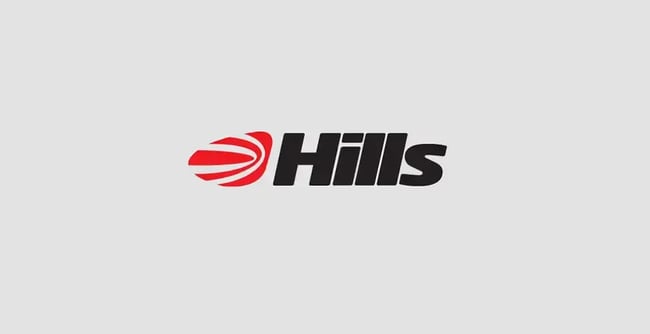
Tula Welsh appointed to lead Hills' Sales Team
January 2026Hills Waste Solutions has appointed Tula Welsh to the position of Sales Manager.
Continue reading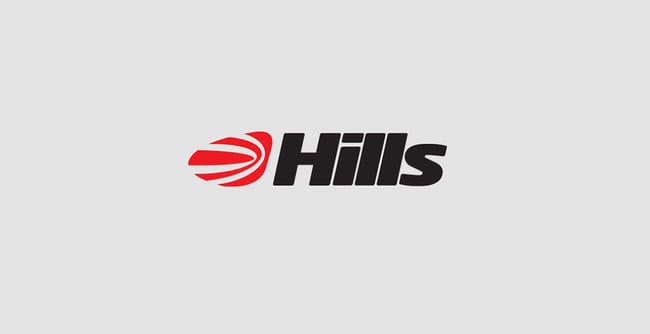
Statement on Wiltshire Council HRC closures
December 2025The Hills Group is disappointed with Wiltshire Council’s decision to close the Household Recycling C...
Continue reading
